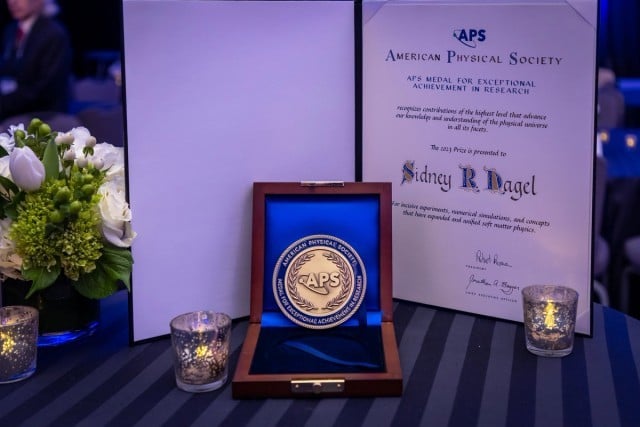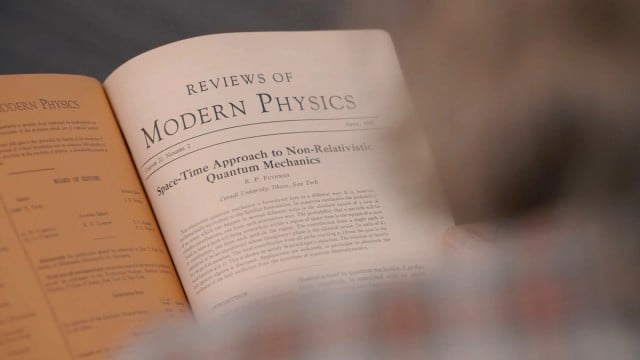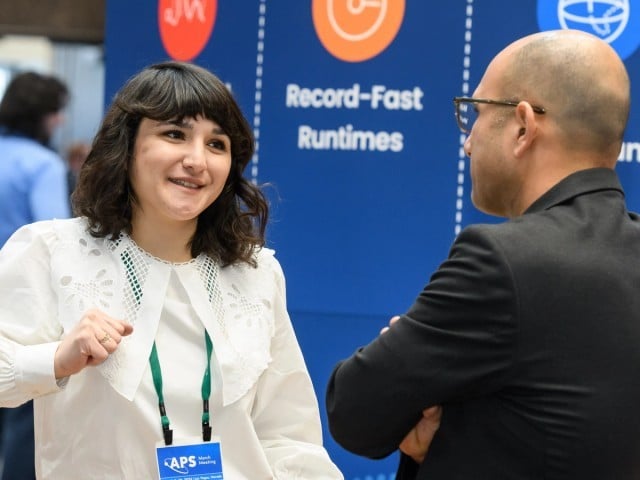Honors and award winners
Explore individuals who have been honored with APS funding and recognition for their excellence and achievements.
Explore individuals who have been honored with APS funding and recognition for their excellence and achievements.



